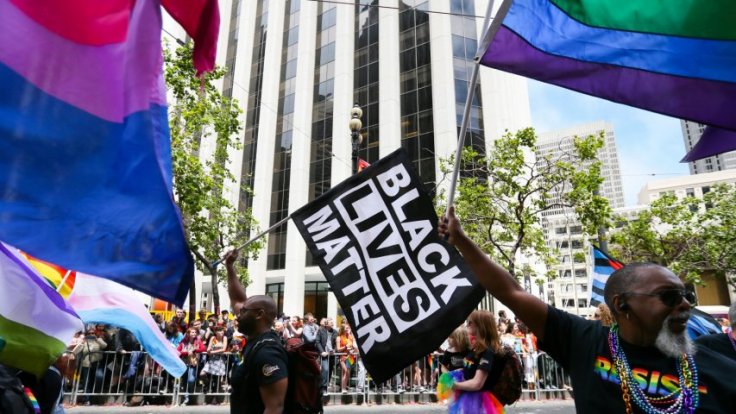Hundreds packed into a park in central Taipei on Saturday for a Black Lives Matter protest, with a group of indigenous Taiwanese given prominent billing to draw attention to discrimination against the island's original inhabitants. The rally, attended by more than 500 people, mostly foreigners, was peaceful with only a very light police presence.
While its main focus was to show solidarity with anti-racism protests triggered around the world by the death in police custody last month of African-American George Floyd, organizers also wanted to draw attention to some of Taiwan's own problems. Savungaz Valincinan, an ethnic Bunun from central Taiwan, took to the stage to detail the difficult past of indigenous Taiwanese, who make up less than three percent of the island's population and call for broad opposition to any form of discrimination.
Taiwanese People Support Black Lives Matter

While indigenous Taiwanese "might not face as direct threats to our lives or fear like black Americans face in the United States", many in Taiwanese society discriminate against them, for example by refusing to rent accommodation to indigenous people, said Savungaz, from the group Indigenous Youth Front. "We don't want any special treatment. What we want are the most basic rights that we deserve as human beings," she said to loud applause.
"We are coming out today to support this movement not because of sympathy - it is because we have also gone through the hurt of being discriminated against." While Taiwan has made huge strides in recent years to protect indigenous people's culture and languages and ensure they are treated fairly, many still complain of ingrained prejudice.
The presidential office said last month it had received a letter suggesting Kolas Yotaka - a spokeswoman for President Tsai Ing-wen and an ethnic Amis - use her "Chinese name" rather than her "English" name. Kolas responded by pointing out she had the legal right to be referred to in her indigenous language.








